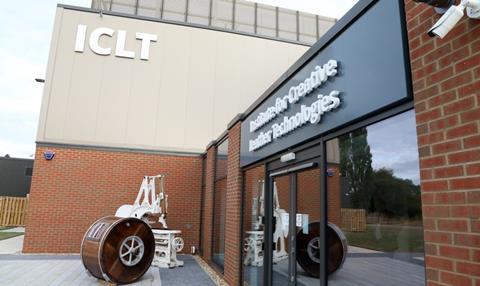The University of Northampton (UoN) is considering the closure of its £5.5 million leather tannery as a result of falling demand.

The UoN Institute for Creative Leather Technologies (ICLT) is currently the only university tannery in Europe, and it is facing an internal consultation to decide whether it should remain open.
A fall in demand for spaces on leather courses has led the UoN to consider closing the facility, which has been open on the Waterside Campus since 2019 and cost a total of £5.5 million to build.
The University has been home to multiple leather-related courses since 1978, with evidence of tanneries in Northampton dating back 900 years.
Since leather is a by-product of the meat industry, a lack in education on the craft may see a drop in jobs filled, directly affecting the amount of waste produced by the industry.
Commenting on the potential closure, Dr Phil Hadley, international trade development director at the Agriculture and Horticulture Development Board (AHDB), said: "It's disappointing news indeed. The value of hide and skin play an important role in the worth of the animal and it's important the value is maximised by utilising the skin - leather making remains an important allied trade to the meat sector."
Overhead costs not offset by research income
UoN vice-chancellor Anne-Marie Kilday explained: “The decision to enter into this period of consultation has not been taken lightly, as the academic study of leather at UON has been a valued part of our offer since 1995.
“The number of UK leather producers has been in decline, and the largest producers are now China, Brazil, Russia, India and Italy. This has severely impacted the number of domestic students, and has not delivered commensurate international students.
“In recent years, recruitment has also been heavily impacted by Brexit and the loss of a regular flow of students from Italy. Our research in the discipline is world-leading, but research income is not offsetting the overheads of facilities and operational requirements or the costs of teaching dwindling student numbers.”
Professor Kilday continued: “In October, we will publish a new strategy that includes a framework to improve and enhance our estate to the benefit of staff, students and the wider community. The legacy of the study of leather at UON is valued, and our sincere hope is that we find a practical solution to retain the subject as we move forward. We must however recognise the implications of continuing to cross-subsidise leather education and research.”
This story was originally published on a previous version of the Meat Management website and so there may be some missing images and formatting issues.















